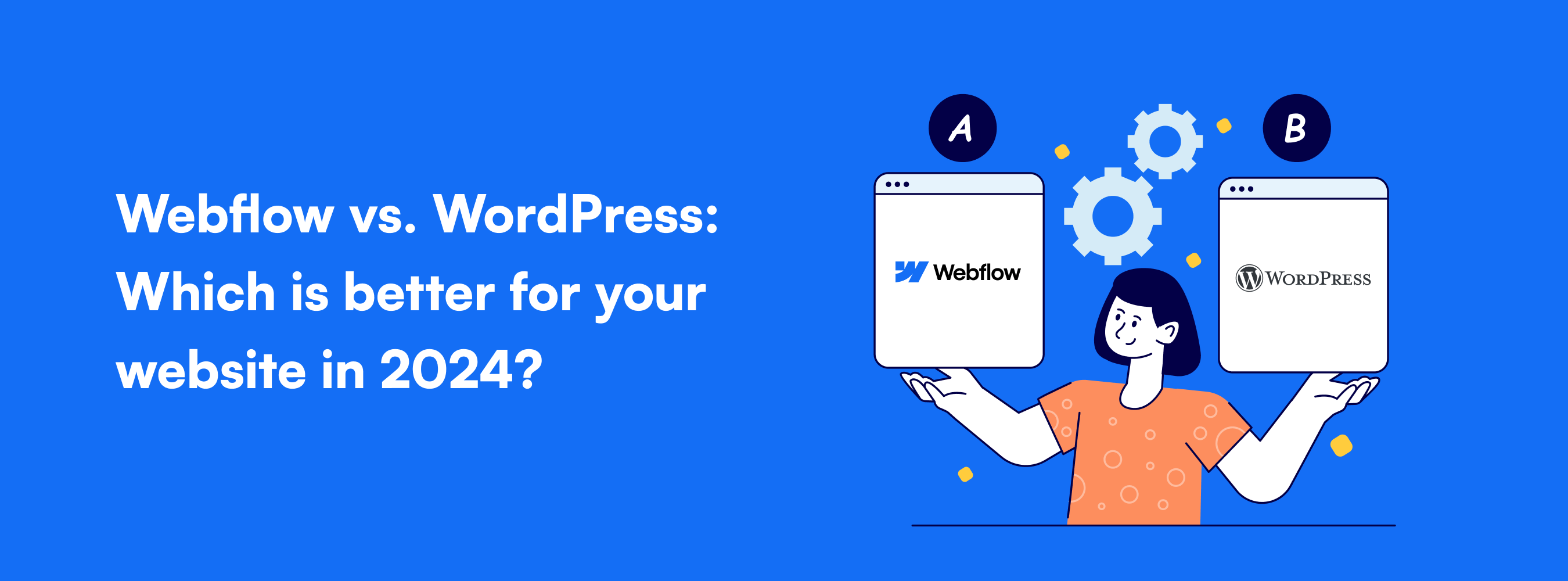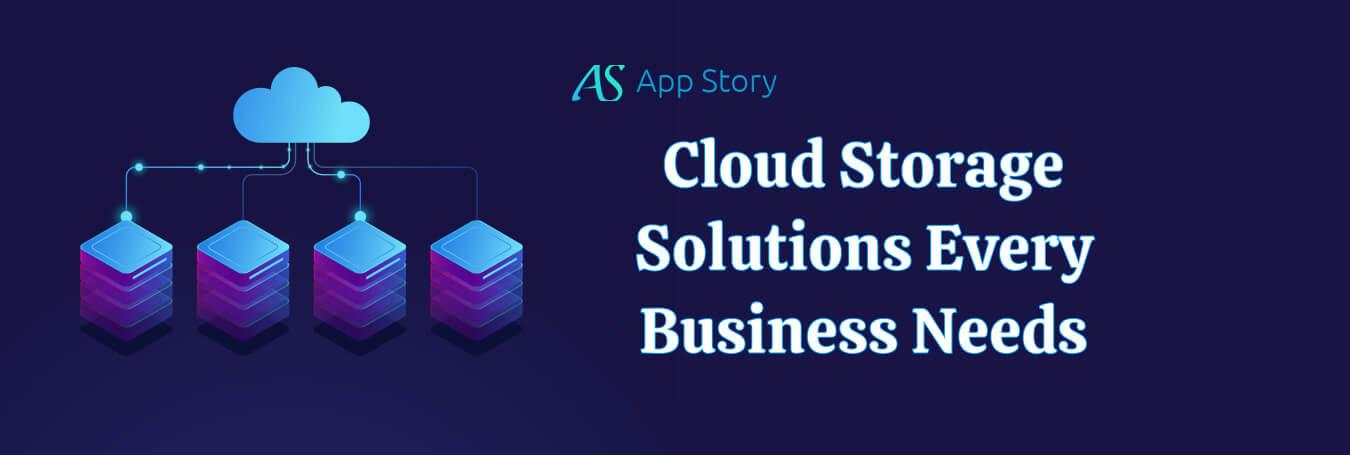In today’s digital age, apps are everywhere. From ordering food to managing finances, they’ve become an integral part of our daily lives. But have you ever wondered how these little programs come to life? The answer lies in the fascinating world of app development.
Whether you have a game-changing business idea or simply want to create a tool to solve a personal problem, app development can be an exciting and rewarding journey. But where do you even begin? This article will serve as your guide, exploring the key stages of app development, the different types of apps, and the tools and resources available to help you turn your vision into reality.
Understanding the App Development Process:
Developing an app is a multi-step process with each stage requiring careful planning and execution. Here’s a simplified overview:
- Ideation and Concept: Brainstorm your idea, identify your target audience, and define the problem your app will solve.
- Design and Prototyping: Create user interfaces (UI) and user experiences (UX) that are intuitive and engaging. Build basic prototypes to test and refine your concept.
- Development: Choose a programming language and development platform based on your app’s functionality and target devices. Write the code and integrate features.
- Testing and Debugging: Rigorously test your app to identify and fix bugs before launch.
- Deployment and Marketing: Submit your app to app stores (e.g., Google Play Store, Apple App Store) and implement marketing strategies to reach your target audience.
Choosing Your App Type:
The app development landscape is vast, with different types of apps serving distinct purposes. Here are some popular categories:
- Mobile Apps: Designed for smartphones and tablets, these are the most common type of app.
- Web Apps: Accessible through web browsers, these offer a wider reach but may lack native device functionality.
- Desktop Apps: Installed on computers, they provide powerful features and offline capabilities.
- Gaming Apps: Focused on entertainment, they can range from simple puzzles to complex simulations.
- Enterprise Apps: Developed for internal use within businesses, they automate workflows and improve productivity.
The Spark of Creativity: Where Ideas Take Flight
Every app starts as a spark in someone’s mind, a desire to solve a problem, entertain an audience, or connect people in new ways. The initial stage of app development is all about ideation and concept. This is where you brainstorm, research your target audience, and define the core value your app will offer.
From Sketch to Reality: Crafting the User Experience
Once you have a solid concept, it’s time to bring it to life visually. This is where design and prototyping come in. User interface (UI) design focuses on the visual elements of your app, ensuring it’s intuitive and aesthetically pleasing. User experience (UX) design delves deeper, considering how users will interact with your app and ensuring a seamless, enjoyable journey. Tools like Figma or Adobe XD help you create interactive prototypes to test and refine your design before diving into development.
Building the Engine: Coding and Development
Now comes the technical magic: development. This stage involves choosing the right programming language and development platform based on your app’s functionality and target devices. Whether you code yourself or hire a developer, this is where your app’s core functionalities are built, from data handling to user interactions. Popular choices include Swift for iOS, Kotlin for Android, or Flutter for cross-platform development.
Testing, Refining, and Polishing
Before unleashing your app on the world, it’s crucial to go through rigorous testing and debugging. This involves simulating various user scenarios, identifying and fixing bugs, and optimizing performance across different devices. Tools like Google Play Developer Console or Apple App Store Connect offer valuable resources for testing and preparing your app for launch.
Reaching the World: Deployment and Marketing
It’s showtime! Once your app is polished and bug-free, it’s time to submit it to app stores like Google Play Store or Apple App Store. But the journey doesn’t end there. Effective marketing is crucial to get your app discovered and downloaded. Consider strategies like App Store Optimization (ASO), social media marketing, influencer outreach, and targeted advertising to reach your target audience.
The VPN Factor: Secure Development and Accessing Global Users
Developing an app can be a global endeavour, and reaching a wider audience often involves navigating geographical restrictions. This is where a VPN (Virtual Private Network) can be a valuable tool.
A VPN encrypts your internet traffic, allowing you to connect to servers in different locations. This can be beneficial for:
- Security: Protect your development data and intellectual property from cyber threats.
- Privacy: Maintain anonymity while working on your app remotely.
- Market Research: Access app stores and user data from different regions to understand global trends.
- Testing and Debugging: Simulate user experiences in different locations to ensure seamless performance.
For example, if you’re developing a Hulu VPN app, testing its functionality across various regions can help identify potential issues related to geo-restrictions and content availability.
Essential Tools and Resources:
There are numerous tools and resources available to help you navigate the app development journey. Here are a few suggestions:
- Programming Languages: Learn languages like Swift (iOS), Kotlin (Android), or Java (cross-platform) depending on your app’s needs.
- Development Platforms: Explore platforms like Xcode (iOS), Android Studio (Android), or Flutter (cross-platform) for building your app.
- Online Courses and Tutorials: Numerous online platforms offer courses and tutorials to teach you the fundamentals of app development.
- App Development Communities: Connect with other developers and get support through online forums and communities.
Remember: App development requires dedication, patience, and a willingness to learn. But with the right approach and resources, you can turn your app idea into a reality and share it with the world.
FAQs:
How much does it cost to develop an app?
The cost can vary greatly depending on the complexity of your app, the development platform, and the team you hire. Costs can range from a few hundred dollars for a simple app to hundreds of thousands for a complex one.
Do I need to know how to code to develop an app?
While coding skills are a plus, various tools like no-code platforms allow you to create apps without coding knowledge. However, learning basic coding principles can significantly enhance your control and flexibility.
How long does it take to develop an app?
Again, it depends on the complexity of your app. Simple apps can be developed in a few weeks, while complex ones may take months or even years.






 United States
United States United Kingdom
United Kingdom India
India Canada
Canada Singapore
Singapore



































